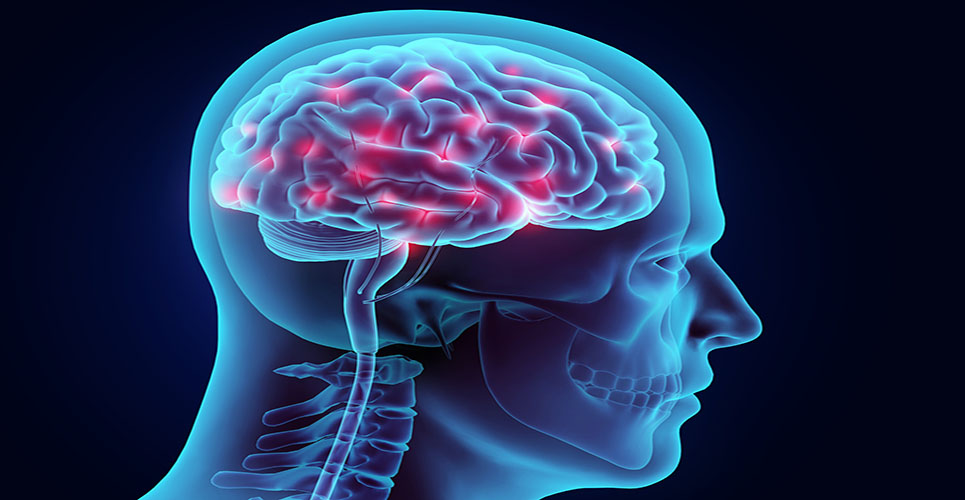teaser
Researchers hope aborted trials of an anti-dementia drug may yet offer clues for treating conditions such as Alzheimer’s.
Tests of the drug – AN-1792 – were abandoned in 2002 when a number of patients developed life-threatening brain inflammation.
The vaccine also failed to improve memory and mental performance, despite encouraging results at the molecular level.
Now researchers, who have continued to study the trial patients, said they have discovered important clues about what went wrong, and hope they could open the way for future treatments.
The failed trial is believed to be linked to so-called “tau tangles” – filament-like deposits of a protein that form within nerve cells – which are a known molecular hallmark of Alzheimer’s.
Lead scientist Dr Delphine Boche, from the University of Southampton, said: “The findings give us more basic information about the interaction between beta amyloid and tau in Alzheimer’s and may clarify how the disease progresses in the brain.”
Rebecca Wood, chief executive of the Alzheimer’s Research Trust, which funded the study, said: “These are important findings and add to the evidence that the tau protein is a key target in our fight against Alzheimer’s disease.”
Copyright Press Association 2010

